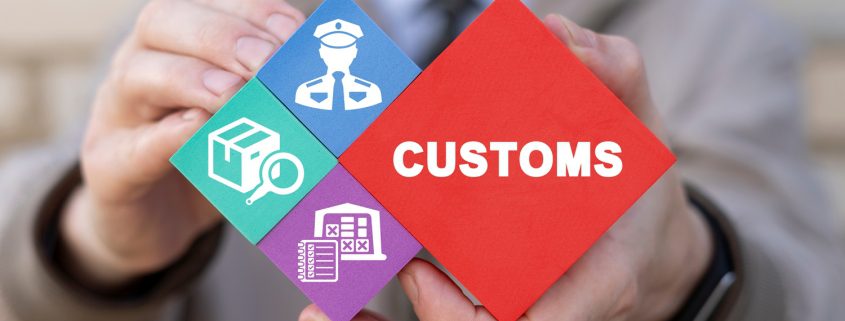Streamlining Customs Brokerage for International Pharmaceutical Trade
Customs brokerage plays a crucial role in facilitating the smooth flow of pharmaceutical products across international borders. However, navigating the complex landscape of import/export regulations and customs procedures can be challenging for companies in the life sciences sector.
Challenges
- Understanding and complying with diverse import/export regulations in different countries.
- Managing documentation requirements for customs clearance, including import licenses and permits.
- Addressing the risk of delays and disruptions in customs clearance processes.
- Ensuring compliance with security and anti-counterfeiting measures for pharmaceutical products.
Solutions
- Partnering with a licensed U.S. Customs Brokerage with expertise in pharmaceutical trade compliance: These brokers possess in-depth knowledge of the complex regulatory requirements governing the import and export of pharmaceutical products, including Good Manufacturing Practices (GMP), FDA regulations, and international trade agreements. By leveraging their expertise, pharmaceutical companies can ensure seamless customs clearance while mitigating the risk of compliance violations and associated penalties.
- Utilizing advanced customs clearance software for automated document processing and submission: These software solutions automate routine tasks such as document generation, data entry, and submission to customs authorities, reducing the risk of errors and delays associated with manual processing. Additionally, advanced software platforms often incorporate features such as real-time tracking, status updates, and compliance alerts, enabling proactive management of customs clearance processes. By embracing technology-driven solutions, pharmaceutical companies can expedite customs clearance, minimize administrative burdens, and ensure compliance with regulatory requirements.
- Maintaining proactive communication with customs authorities to address potential issues and expedite clearance: Establishing regular dialogue with customs officials enables companies to clarify regulatory requirements, address inquiries or discrepancies promptly, and resolve issues before they escalate. By prioritizing open and transparent communication, pharmaceutical companies can build positive relationships with customs authorities and streamline the customs clearance process.
- Conducting regular audits of customs compliance processes to identify areas for improvement: These audits may encompass various aspects of customs compliance, including documentation accuracy, tariff classification, valuation, and record-keeping practices. By conducting thorough and systematic audits, companies can proactively identify potential risks, address compliance gaps, and improve overall customs compliance processes. Additionally, audits provide opportunities for continuous improvement, enabling companies to stay abreast of evolving regulatory requirements and industry best practices.
Conclusion
Streamlining customs brokerage processes is essential for pharmaceutical companies seeking to expand their international presence. By partnering with a trusted customs brokerage provider and implementing best practices, companies can minimize delays and disruptions in customs clearance and ensure compliance with import/export regulations. Apart from being industry experts and long-term professionals with a combined 70 years of brokerage experience, Euro American is committed to continuing education, thorough study, and cultivating their passion for their work. We are deeply committed to increasing your efficiency and consulting throughout the process. By working with shippers on compliance, classification and documentation, we are able to hone your processes and save you precious time and money.



